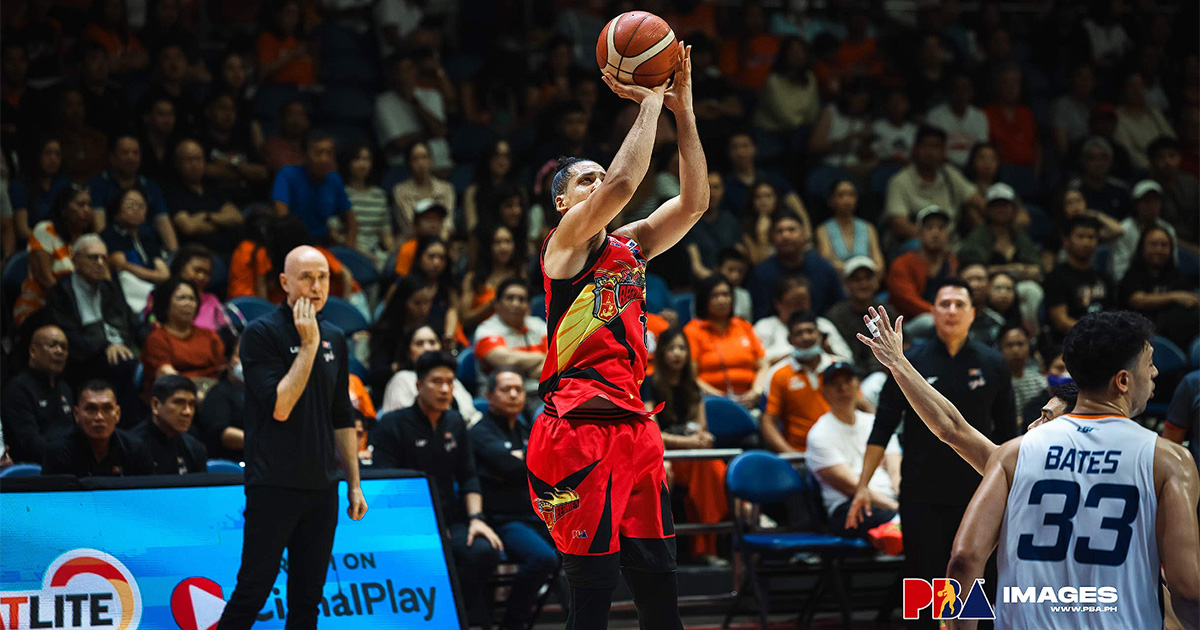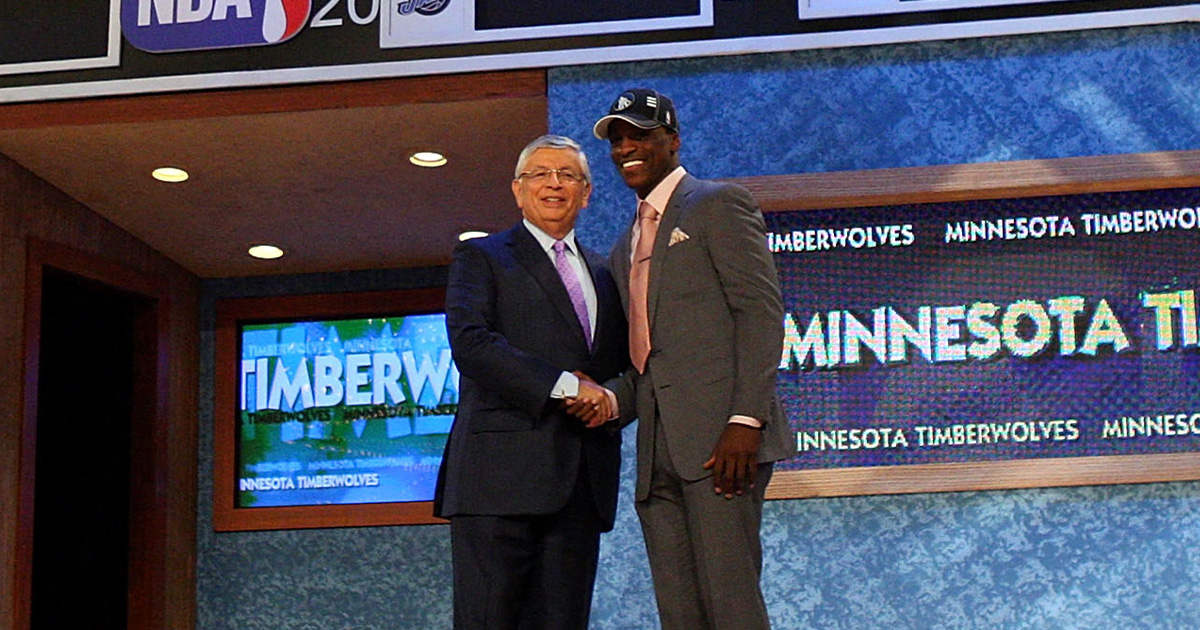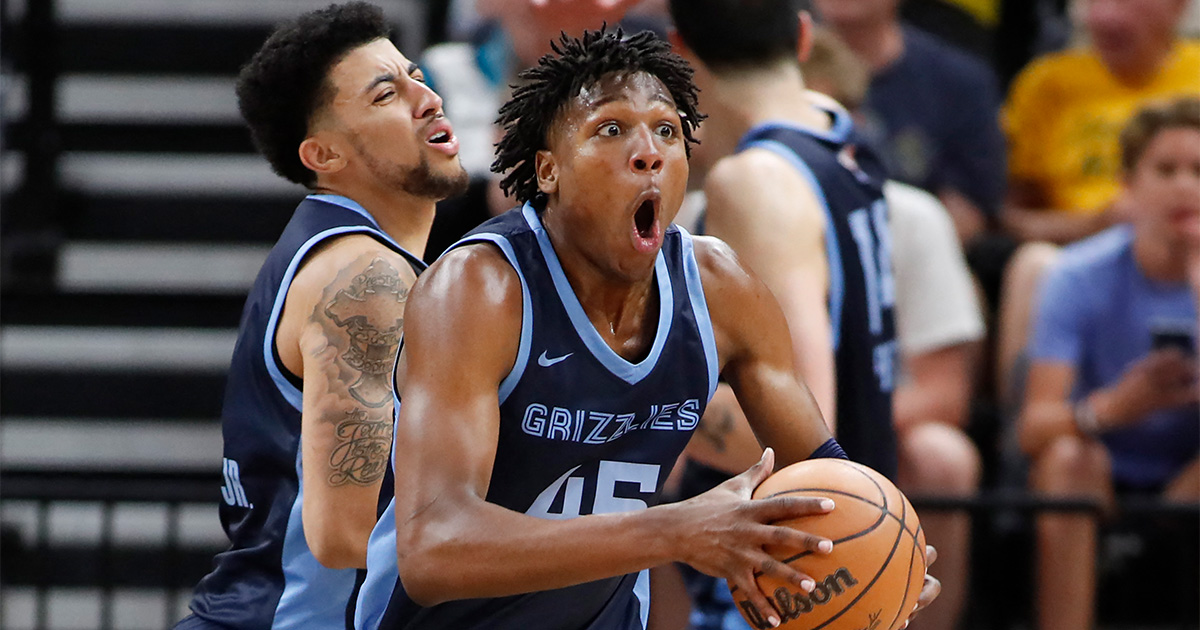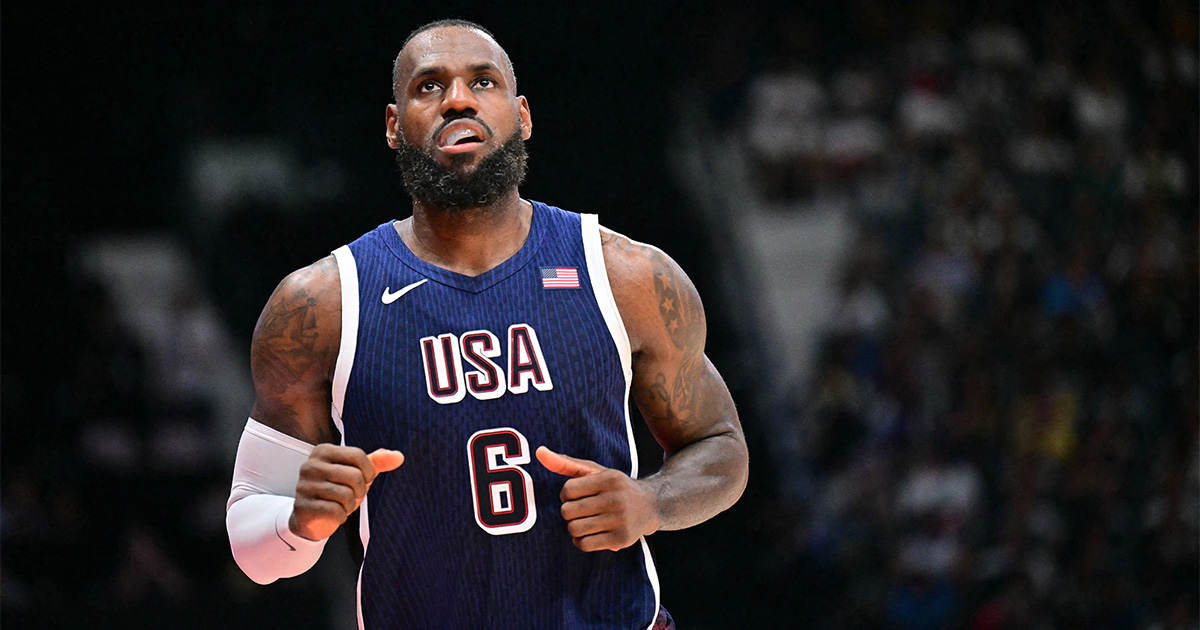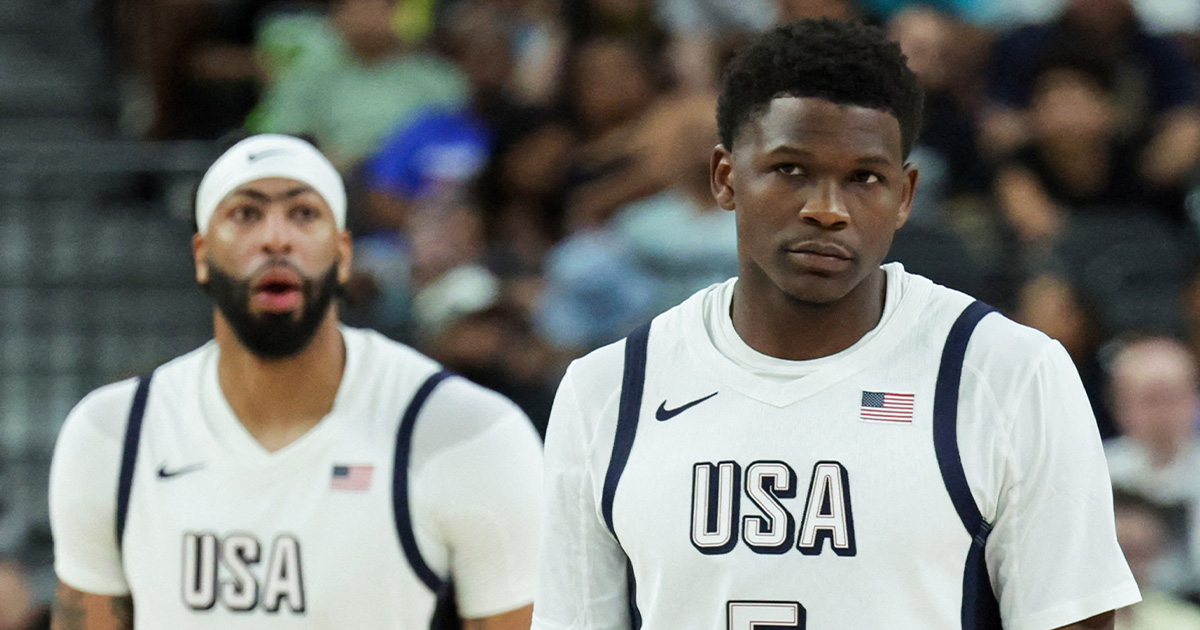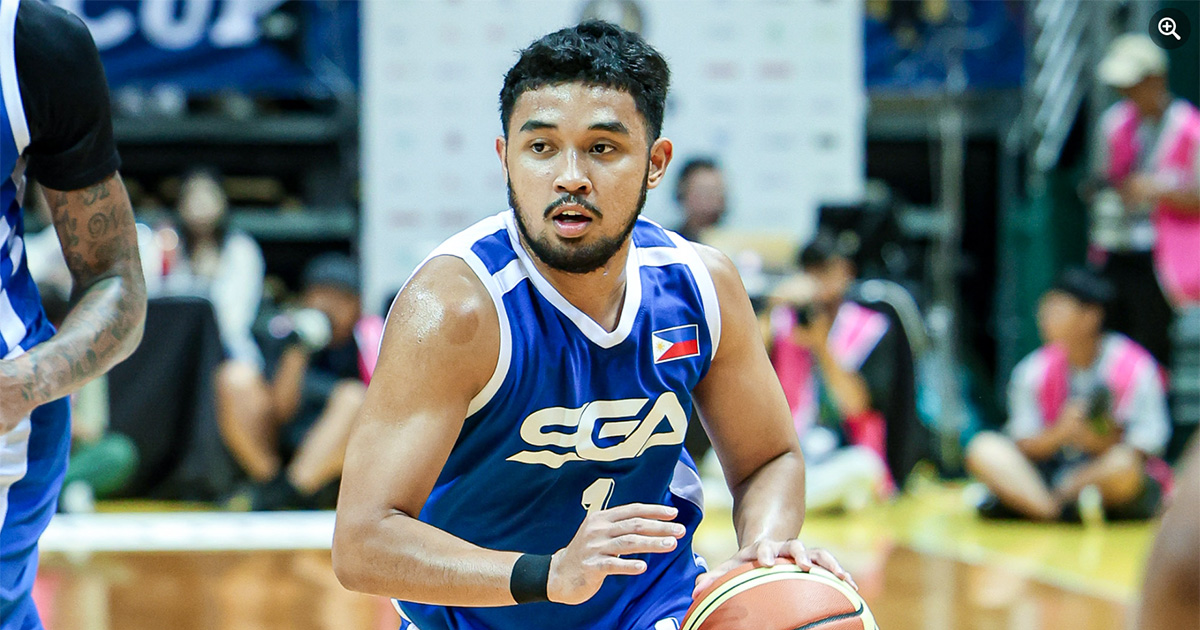In a recent NBA MVP straw poll conducted by ESPN, Golden State’s Stephen Curry was the runaway leader, garnering 94 of 100 first-place votes, followed by Brooklyn’s Kevin Durant and the reigning Finals MVP Giannis Antetokounmpo. All three appeared on the ballots of all 100 voters. The only other guy to receive a first-place vote was Nikola Jokic, last season’s MVP, but he only appeared on 73 ballots.
I don’t know what those 27 media members who excluded Jokic were smoking, but it must have been some potent stuff because Jokic is having a historically great season. It’s at least understandable if Jokic isn’t No. 1 on most people’s list at this stage, but to not have him among the top 5 is embarrassing. Seriously, the NBA should consider revoking these guys’ voting credentials.
I had Curry as my first quarter MVP because he was the best player on the best team and now has everyone’s attention as he cemented his status as the greatest shooter ever after breaking Ray Allen’s record for most career three-pointers. But with still more than 50 games to go, the MVP race is far from over. The Warriors have fallen back a bit, going 4-2 in their last 6 with losses to the Spurs and Sixers and uninspiring wins against Portland, Pacers, and Knicks. The Suns and Jazz have kept pace, which makes the “best player on the best team” argument perhaps less convincing than it was a couple of weeks ago. Curry’s scoring average has gone down and so has his shooting percentages; ever since his talk of hitting 16 threes against the Blazers, he’s been averaging 22 points on .385/.317/.818 shooting splits. That he broke the three-point record in mid-December means that it may no longer be the dominant narrative come March when all the MVP talk heats up.
Kevin Durant is lighting it up, averaging 38.7 points in his last three games and opening up a 2.6-point gap in the scoring race, while leading the Nets to the best record in the East. Giannis Antetokounmpo has been his usual dominant self and has the Bucks humming after a slow start, going 13-3 in their last 16 games. But none of these guys have been as good, at least statistically, as Jokic. Heck, even 2020-21 Jokic hasn’t been as good as 2021-22 Jokic.
| ‘20-21 Jokic | ’21-22 Jokic | |
| Points | 26.4 (12th) | 26.6 (5th) |
| Rebounds | 10.8 (9th) | 13.6 (2nd) |
| Assists | 8.3 (6th) | 7.5 (10th) |
| FG% | 56.6 (14th) | 58.8 (9th) |
| PER | 31.4 (1st) | 34.3 (1st) |
| Win shares per 48 | .301 (1st) | .309 (1st) |
| Box +/- | +11.6 (1st) | +14.6 (1st) |
| Net rating | +7.7 (20+) | +12.5 (9th) |
| True shooting % | 63.9 (15th) | 66.1 (7th) |
| RAPTOR | +9.2 (1st) | +14.0 (1st) |
Note: He is also No. 1 in VORP and RAPTOR WAR, and 2nd in win shares, but these stats are cumulative over the season, so juxtaposing with the previous season paints an incomplete picture. All stats from Basketball Reference, NBA.com, and FiveThirtyEight.

Jokic is in the top 10 of four major statistical categories, compared to two last year. He is once again dominating the advanced stats, ranking 1st on many categories just as he did last year, but with significant increases across the board. For reference, his .008 increase in win shares per 48 is roughly equivalent to a rotation NBA player like Dallas’s Reggie Bullock.
LeBron James has been the beacon of versatility throughout his career, but what Jokic is doing is unprecedented. LeBron’s best season was arguably in 2012-13, when he averaged 26.8 points (4th), 8.0 rebounds (21st), and 7.3 assists (10th) while shooting 56.5% from the field (5th) en route to taking home MVP honors. Apart from the miniscule difference in points per game, Jokic has the advantage in every other major statistical category (both traditional and advanced). He’s doing it as a 6’11” 284-pound center who has a vertical jump about as high as a can of Spam. That’s the part that I can’t wrap my head around!
His defense has been surprisingly good this season, too. He ranks 1st in defensive box plus/minus and 14th in defensive rating (after being in the 50+ range last season). Jokic will never be a defensive anchor the way Tim Duncan was or Rudy Gobert is, but he is developing into a Marc Gasol-lite defender. As The Ringer’s Dan Devine notes, he has been using his excellent positioning and quick hands to generate blocks and steals at or near career-high rates this season. While his raw blocks and steals numbers aren’t eye-popping, he is averaging 2.6 deflections per game, which is second among centers. To be clear, I am in no way insinuating that Jokic is an all-world defender, but I think it’s time to extinguish last year’s MVP narrative that criticized him for only playing on one side of the court (as compared to Joel Embiid).
But the stat that almost broke my mind is his Player Efficiency Rating. His current PER of 34.3 is 2.4 higher than the single-season record. Just how impressive is that? The 14 best full season PERs are all covered by 1 point! Here’s the full list:
| 1. | 2019-20 | Giannis Antetokounmpo | 31.86 |
| 2. | 1962-63 | Wilt Chamberlain | 31.82 |
| 3. | 1961-62 | Wilt Chamberlain | 31.76 |
| 4. | 1987-88 | Michael Jordan | 31.71 |
| 5. | 2008-09 | LeBron James | 31.67 |
| 6. | 1990-91 | Michael Jordan | 31.63 |
| 7. | 1963-64 | Wilt Chamberlain | 31.63 |
| 8. | 2012-13 | LeBron James | 31.59 |
| 9. | 2015-16 | Stephen Curry | 31.46 |
| 10. | 2020-21 | Nikola Jokić | 31.28 |
| 11. | 1989-90 | Michael Jordan | 31.18 |
| 12. | 1988-89 | Michael Jordan | 31.14 |
| 13. | 2009-10 | LeBron James | 31.11 |
| 14. | 2018-19 | Giannis Antetokounmpo | 30.89 |
That’s about as good a proxy for 14 of the greatest individual regular seasons ever as any advanced stat can yield (in some order; maybe 14 of the 25 greatest if we inject subjective elements), and Jokic is on pace to not just break it but downright shatter it.
It gets even crazier. He has maintained his efficiency despite being asked to carry more workload due to injuries to the Nuggets’ 2nd and 3rd best players. Jamal Murray is still rehabbing his torn ACL and there remains no clear timetable for his return. Michael Porter Jr. recently underwent his third back surgery and is likely out for the season. Before Murray went down last April, Jokic’s usage rate was 28.9% (24th in the league). This season, the number is up to 31.2% (9th)—he and Embiid are the only two big men in the top 10. I mentioned LeBron’s 2012-13 MVP season above, but he did it with a healthy Dwyane Wade and Chris Bosh.

The absence of Murray and MPJ could account for the dip in Jokic’s assists relative to last year, but the area where their absence is truly felt is the Nuggets’ win-loss record. Denver is 14-14 on the season and 8th place in the West, and this could be the single biggest obstacle to the big Serb’s chances of repeating as MVP.
There is an entire debate to be had on how much, or even whether, team success should factor into the MVP voting, which I don’t intend to extensively cover here. For what it’s worth, I think it should, but exceptional circumstances deserve consideration. Russell Westbrook won the award in 2017 after leading the league in scoring and becoming the first player since Oscar Robertson to average a triple-double—despite the fact that the Thunder only finished 6th in the West with a 47-35 record.
The basic premise for factoring in team success is that a player’s strong individual performance should directly correlate to winning. But as with any criteria, it is imperfect at capturing certain nuances. Without Murray and MPJ, the Nuggets are relegated to being a junior varsity team when Jokic sits on the bench. This is not some case of inability of a superstar to elevate his team to another level (which is my usual response to “he didn’t have any help” arguments). His on/off stats prove it.
The Nuggets are averaging 31 more points-per-100 with Jokic on the floor. Their offensive and defensive ratings of 115.6 and 103.1 with Jokic, respectively, would have placed them second in the league on both categories, with a league-best net rating of +12.5. When he sits? “Everything just falls apart,” as Nuggets coach Mike Malone succinctly put it earlier in the season. They have what would be the league-worst offense (99.2), defense (115.4), and net rating (minus-16.2).
(Note: We heard all the silly talk about Curry deserving the MVP last season despite the Warriors being a play-in team, and allow me to shut down any comparison with Jokic. Curry’s on-the-court points-per-100 is almost half Jokic’s; the Warriors’ offensive rating with him on the floor would have “only” ranked 10th last season, and they were actually a better defensive team when Curry sits. So, nope, they’re not the same.)
That is how valuable Jokic is. The team literally needs him to play the entire 48 minutes to be any good. To rephrase the Gym Class Heroes, “if that ain’t [most valuable] then I don’t know what [most valuable] is.”
But the Nuggets still have to get into the playoffs first.










